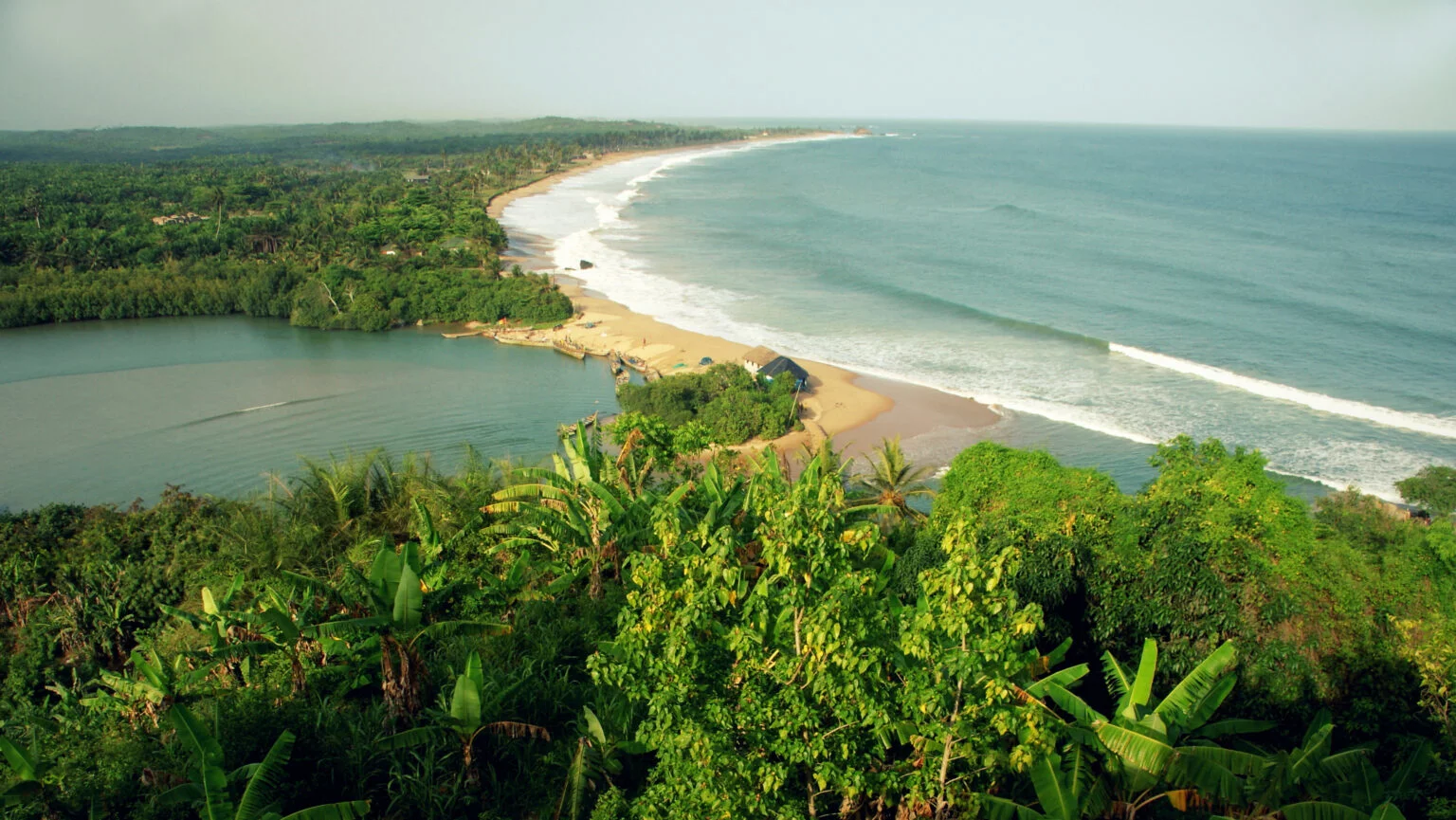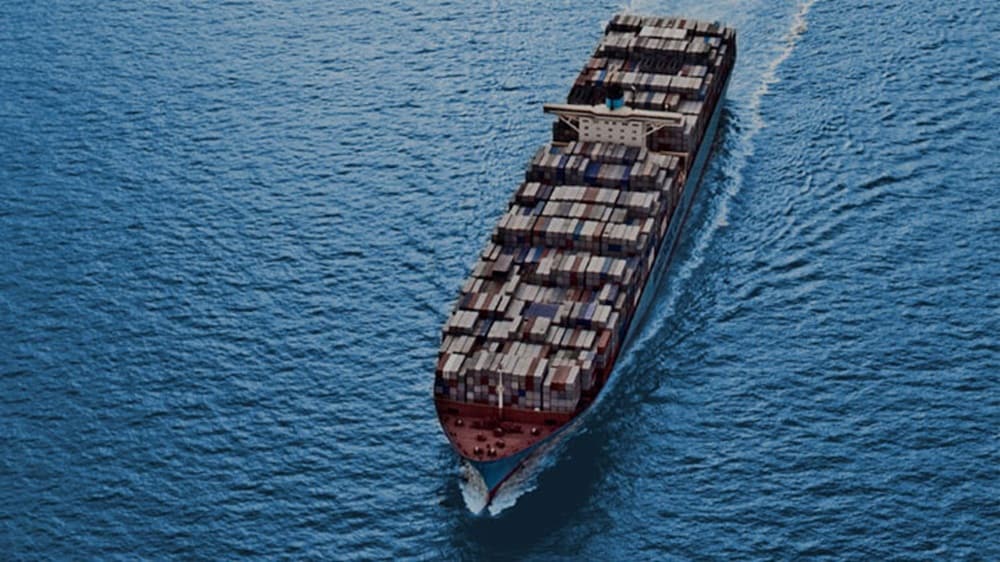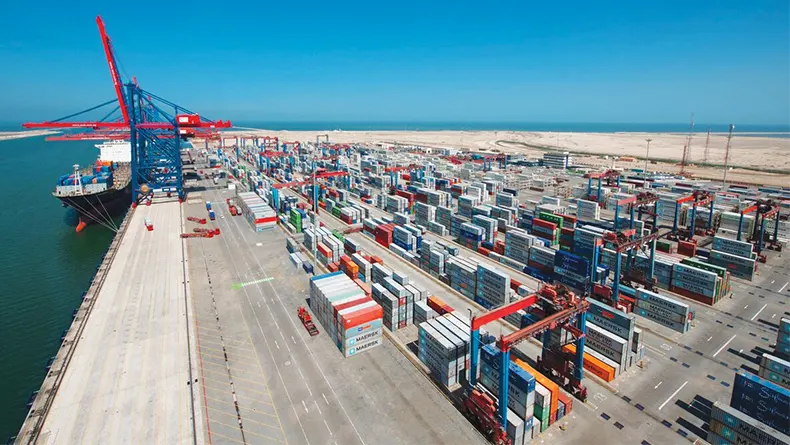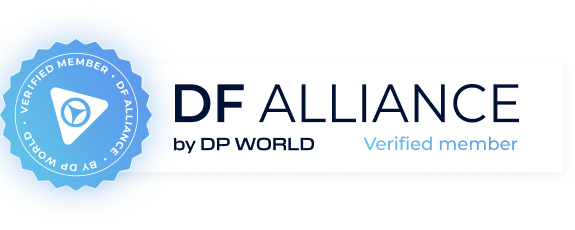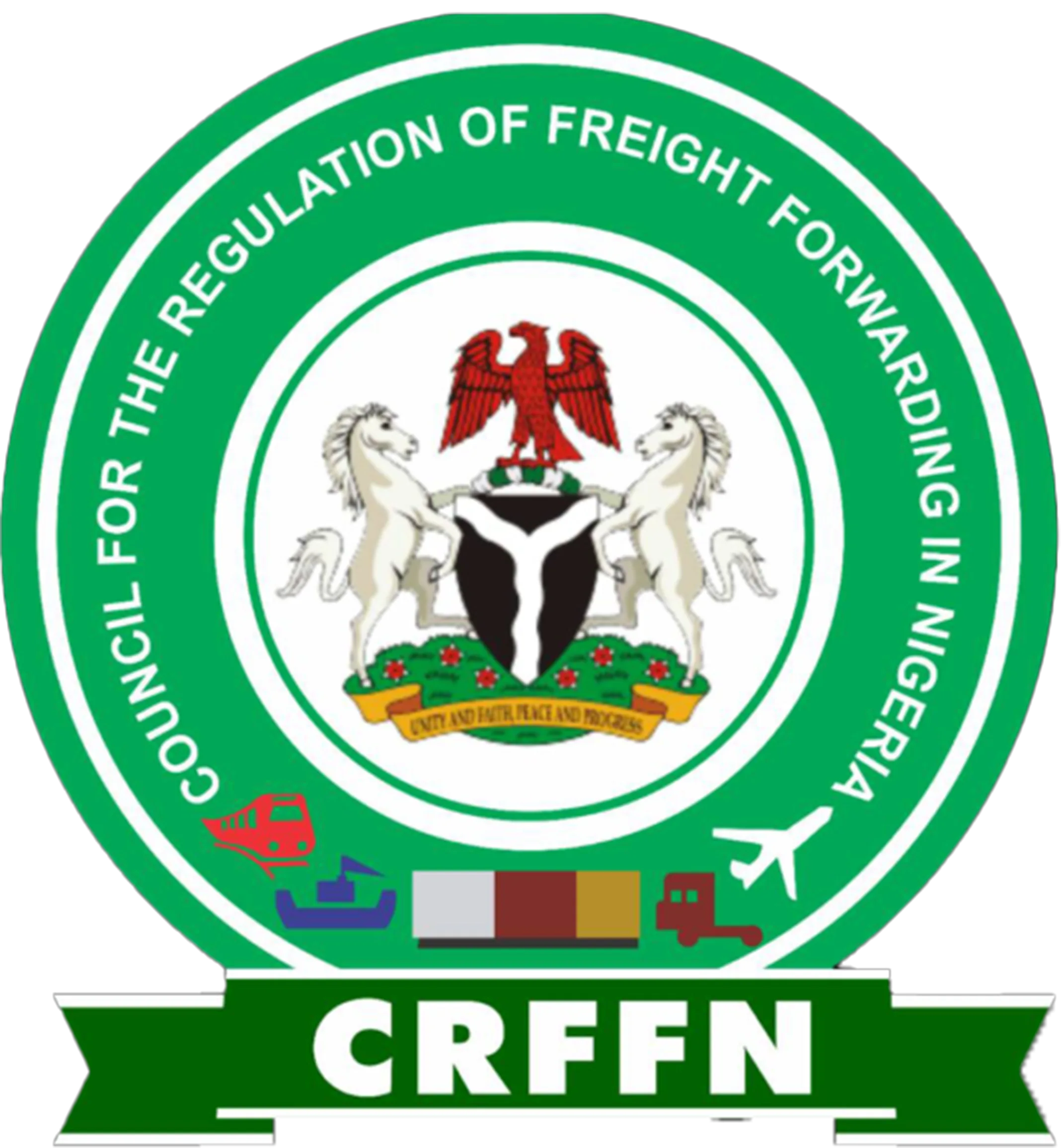Connecting Togo across Africa and beyond
Limark has been a trusted logistics partner for Togolese businesses, facilitating seamless integration into global markets through end-to-end supply chain solutions.
Whether you’re exporting Togo’s renowned coffee and cocoa, importing vital industrial equipment, or managing the flow of consumer goods, our expertise ensures your cargo reaches its destination efficiently and securely. With a strategic presence in Lomé and a robust network spanning West Africa and beyond, we optimize your logistics operations, reduce costs, and unlock new opportunities for growth in this dynamic region.
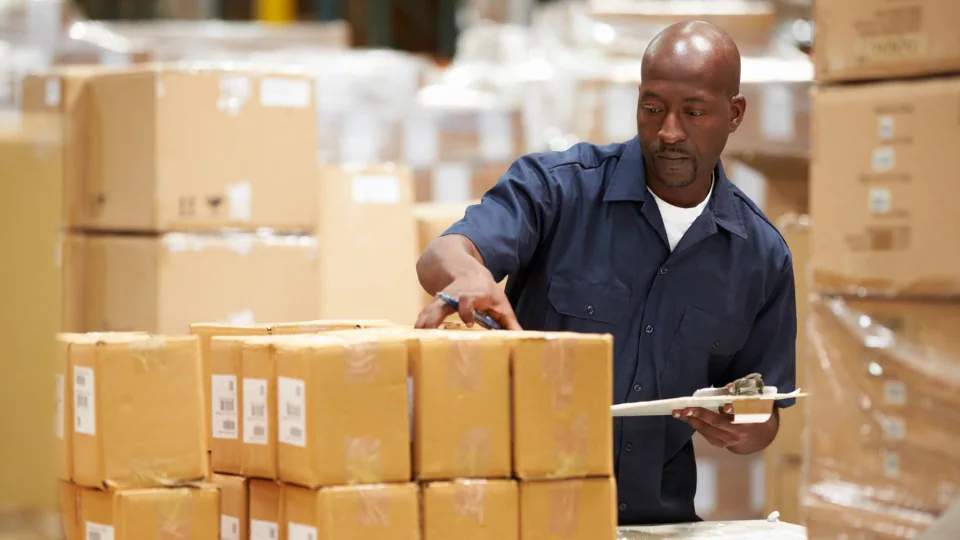
Import regulations
Importing goods to Togo requires navigating specific procedures and documentation. Here’s a breakdown of the essential requirements:
Product Categories Requiring Import Licenses/Permits
Food and Agricultural Products
Imports of meat, dairy products, fish, poultry, grains, and other food items require import permits and/or phytosanitary/health certificates from the Ministry of Agriculture, Livestock, and Fisheries (Ministère de l’Agriculture, de l’Elevage et de la Pêche).
Specific products like rice, sugar, and wheat may require additional import authorizations.
Pharmaceuticals and Medical Devices
- The Ministry of Health (Ministère de la Santé) regulates the import of pharmaceuticals and medical devices.
- Marketing Authorization (AMM) from the Direction de la Pharmacie et du Médicament (DPM) is required for all medicines.
- Medical devices must comply with relevant technical standards and be registered with the DPM.
Chemicals and Hazardous Materials
- The Ministry of Environment and Forest Resources (Ministère de l’Environnement et des Ressources Forestières) regulates the import of chemicals and hazardous materials.
- Import permits and compliance with safety data sheets (SDS) are mandatory.
- Proper packaging, labeling, and transportation regulations must be adhered to.
Vehicles and Spare Parts
- The Ministry of Infrastructure and Transport (Ministère des Infrastructures et des Transports) regulates the import of vehicles and spare parts.
- Import permits are required for vehicles.
- Age and emission standards apply to used vehicles.
Other Regulated Products
Additional import licenses or permits may be required for specific products like:
- Telecommunication equipment
- Explosives
- Firearms and ammunition
- Cultural artifacts
- Wildlife and wildlife products
- Prohibited and Restricted Imports:
Prohibited
- Narcotic drugs and psychotropic substances
- Pornographic and obscene materials
- Counterfeit and pirated goods
- Hazardous waste (Basel Convention)
- Ozone-depleting substances (Montreal Protocol)
- Toxic chemicals not approved by the Ministry of Environment
- Weapons and ammunition (except with authorization)
Restricted (require special permits)
- Live animals and animal products
- Plants and plant products
- Alcohol and tobacco products (subject to high excise taxes)
- Used clothing
- Right-hand drive vehicles (except for special purposes)
- Radioactive materials
- Endangered species and products (CITES permits required)
Relevant agencies
- Togolese Customs Office (Office Togolais des Recettes – OTR)
- Ministry of Commerce, Industry, and Local Consumption
- Ministry of Agriculture, Livestock, and Fisheries
- Ministry of Health
- Ministry of Environment and Forest Resources
- Ministry of Infrastructure and Transport
- Agency for Regulation and Control of Pesticides and Fertilizers (ARCP)
- Togolese Agency for Standardization and Quality Control (ATNOR)
Free Time
- Typically, 7 days for general cargo and 14 days for containerized cargo after discharge.
- Free time can be extended by negotiation with the shipping line or port authorities.
Demurrage charges
- Applied when the free time is exceeded.
- Calculated per container, per day.
- Rates vary depending on the shipping line, container size, and time elapsed.
Detention charges
- Applied when the container is held beyond the agreed-upon time for return to the shipping line after being picked up from the port.
- Separate from demurrage charges.
- Rates vary depending on the shipping line and container size.
Storage Limitations
- Port terminals have limited storage capacity.
- Containers not cleared within the allowed time may be moved to an off-dock depot at the importer’s expense.
Calculation Methods
Demurrage and detention charges are calculated based on calendar days, including weekends and public holidays.
Required import documentation
Commercial Invoice
- Detailed description of goods (including HS codes)
- Quantity, weight, and unit price of goods
- Total invoice value (in USD or XOF)
- Incoterms (International Commercial Terms)
- Payment terms
- Consignee and consignor details
Packing List
- Detailed list of all items in each package
- Description, quantity, weight, and dimensions of each item
- Package markings and numbers
Bill of Lading/Airway Bill
- Evidence of the contract of carriage between the shipper and carrier
- Details of the shipment, including the consignee, consignor, and port of loading/discharge
Certificate of Origin
- Declares the origin of the goods
- May be required for preferential tariff treatment under trade agreements (e.g., ECOWAS)
Import Declaration Form (IDF)
- Submitted through the ORBUS system (the Senegalese customs electronic platform)
- Requires detailed information about the shipment and importer
Import License/Permit (for regulated goods): Issued by the relevant government agency
Other Certificates
- Phytosanitary certificate (for plants and plant products)
- Health certificate (for animals and animal products)
- Certificate of analysis (for chemicals and food products)
- CITES permit (for endangered species)
Import Licenses and Permits
- Identify the Regulating Agency: Determine the specific ministry or agency responsible for your goods based on the product category.
- Gather Required Documents:
- Proforma invoice or commercial contract
- Technical specifications and data sheets (if applicable)
- Certificates of origin, analysis, quality, etc.
- Business registration documents (for companies)
- Taxpayer identification number (NIF)
- Submit Application:
- Complete the import permit application form.
- Submit the application along with required documents and fees to the relevant agency.
- Applications are typically submitted in person.
- Processing and Approval:
- The application will be reviewed and processed by the agency.
- Processing times vary but can take several weeks.
- If approved, the import permit will be issued.
- Validity and Renewal:
- Validity periods vary depending on the product and agency.
- Renewal procedures involve submitting a new application with updated documents before the expiry date.
- Costs:
- Import permit fees vary depending on the product and agency.
Additional costs may include inspection fees and testing fees.
Customs clearance procedures
- Pre-Arrival Processing:
- Importer or their agent lodges the import declaration (IDF) through ORBUS before shipment arrival.
- Customs performs a risk assessment to determine the need for inspection.
- Arrival and Unloading:
- Vessel or aircraft arrives at the port or airport.
- Cargo is unloaded and placed in customs control.
- Document Verification and Duty Assessment:
- Customs verifies the submitted documents.
- Import duties, taxes, and fees are calculated based on the HS code, value, and origin of the goods.
- Payment of Duties and Taxes: The importer or their agent pays the assessed amount.
- Inspection (if required): Customs may select shipments for physical inspection based on risk assessment.
- Release of Goods: If the shipment complies with all regulations and requirements, and duties/taxes are paid, customs releases the goods.
Port/Terminal operations
Major Seaport
Port Autonome de Lomé (PAL): The main commercial port, handling containerized and general cargo.
Air Cargo Hub
Lomé-Tokoin International Airport: The main airport for air cargo imports.
Cut-off Dates
- Vary depending on the shipping line and destination.
- Confirm with your shipping agent or freight forwarder well in advance.
Documentation Requirements at Terminals
- Ensure all required documents are submitted electronically through ORBUS before the shipment arrives.
- Original documents may be required for verification at the terminal.
Container Pickup/Drop-off and Storage
Be aware of free time limitations and potential demurrage/detention charges.
Disclaimer: This information is based on the latest available data and may be subject to change. Always consult with relevant authorities and experts for the most up-to-date and accurate information.
Export regulations
Get a detailed guide that provides an in-depth look into every aspect of the export process to ensure your goods are shipped efficiently and in compliance with all legal standards.
Product Categories Requiring Export Licenses/Permits
Agricultural Products
Key exports like cotton, coffee, cocoa, and cashew nuts require export licenses from the Ministry of Commerce and Industry.
These licenses ensure quality control and compliance with international standards. Exporters must adhere to specific regulations regarding packaging, labeling, and grading.
Minerals
The export of phosphate and clinker (used in cement production) requires a license from the Ministry of Mines and Energy. Exporters must comply with mining regulations and environmental standards.
Re-exports
Re-exporting goods initially imported into Togo requires an export declaration and may necessitate a re-export license, depending on the nature of the goods and the destination country.
Prohibited or Restricted for Export
Prohibited
- Narcotic drugs and psychotropic substances
- Pornographic and obscene materials
- Counterfeit and pirated goods
- Hazardous waste (Basel Convention)
- Ozone-depleting substances (Montreal Protocol)
- Protected wildlife and endangered species (unless authorized by CITES)
- Art and cultural artifacts of national importance
Restricted (require special permits)
- Live animals and animal products (require health certificates)
- Plants and plant products (require phytosanitary certificates)
- Certain minerals and gemstones
- Timber and wood products (to prevent deforestation)
Required Documents
- Commercial Invoice: Detailed description of goods (including HS codes), quantity, weight, value (in USD or XOF), Incoterms, payment terms, and complete details of the consignee and consignor.
- Packing List: Itemized list of goods in each package, including description, quantity, weight, dimensions, and package markings.
- Bill of Lading/Airway Bill: Evidence of the contract of carriage between the shipper and carrier, with details of the shipment, consignee, consignor, and port of loading/discharge.
- Certificate of Origin: Issued by the Chamber of Commerce and Industry of Togo (CCIT), declaring the origin of the goods. It may be required for preferential tariff treatment under trade agreements (e.g., ECOWAS).
- Export Declaration (DEX): Electronic declaration submitted through the ORBUS system, providing detailed information about the shipment.
- Export License/Permit (if applicable): Issued by the relevant government agency.
Export Declaration Process (through ORBUS)
- Register as an exporter on the ORBUS platform.
- Prepare and submit the DEX electronically through ORBUS.
- Customs verifies the declaration and supporting documents.
- If compliant, customs approves the export and issues an export authorization.
Required Export Certificates
- Phytosanitary Certificate (for plants and plant products): Issued by the Plant Protection Service.
- Health Certificate (for live animals and animal products): Issued by the Veterinary Services.
- Certificate of Analysis: This may be required for specific products like minerals and agricultural products to verify quality and composition.
- CITES Permit (for endangered species): Issued by the Ministry of Environment and Forest Resources.
Major Seaport
- Port Autonome de Lomé (PAL): The main commercial port, handling containerized and general cargo. It is well-connected to major shipping routes and offers various logistics services.
Air Cargo Hubs
- Lomé-Tokoin International Airport: The main airport for air cargo exports, with dedicated cargo terminals and handling facilities.
Cut-off Times and Procedures
- Vary depending on the shipping line or airline and destination.
- Confirm with your shipping agent or freight forwarder well in advance.
- Procedures typically include document submission through ORBUS, customs clearance, security screening, and cargo loading.
Container Storage and Free Time
- The Port Autonome de Lomé offers container storage facilities.
- Free time for storage varies depending on the shipping line and the type of cargo, typically ranging from 3 to 7 days.
- Storage fees apply after the free time expires.
Returning Empty Containers
- Coordinate with your shipping line or agent to return empty containers to the designated depot.
- Failure to return containers on time may result in detention charges.
Duties, Taxes, and Fees
Export Duties: Generally, Togo does not impose export duties on most goods. However, specific export taxes or levies may apply to certain products (e.g., minerals).
Other Fees: Customs processing fees, document handling charges, terminal handling charges, storage fees (if applicable), and any specific taxes or levies related to the exported product.
Disclaimer: This information is based on the latest available data and is subject to change. Always consult with relevant authorities and experts for the most up-to-date and accurate information.
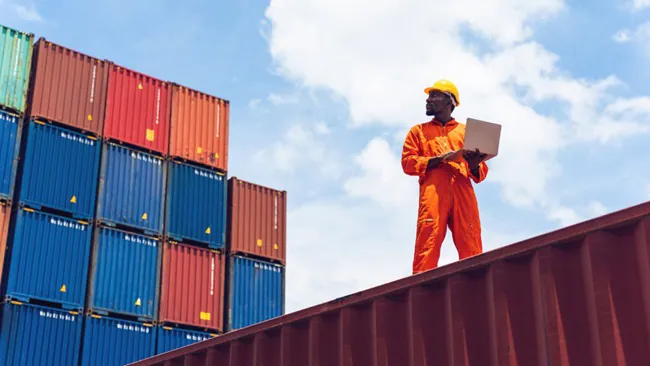
Expertise You Can Trust
Seamless cross-border shipping to and from Togo
Navigating trade regulations in Togo can be challenging, but Limark is here to help. Our extensive knowledge of local laws and customs procedures ensures that your shipments move smoothly and efficiently, avoiding costly delays and potential disruptions.
Our growing presence in Togo demonstrates our commitment to providing reliable and cost-effective shipping solutions. Our team of experienced local supply chain experts, combined with our robust infrastructure, guarantees efficient operations and optimal cost savings for your business. Contact our team to request a quote, book or find out more about our local services.
Get Expert Guidance
Contact our regional experts
Partner with experienced freight forwarders and customs brokers for seamless shipping to and from Togo. Ensure full documentation compliance with the guidance and logistics services of our team.
Sales enquiries
We’re happy to talk to you about your shipment needs anytime. Please get in touch with us.
Ready to ship?
Get your shipment moving faster. Request a quote today for our end-to-end supply chain services.
Other African Countries
